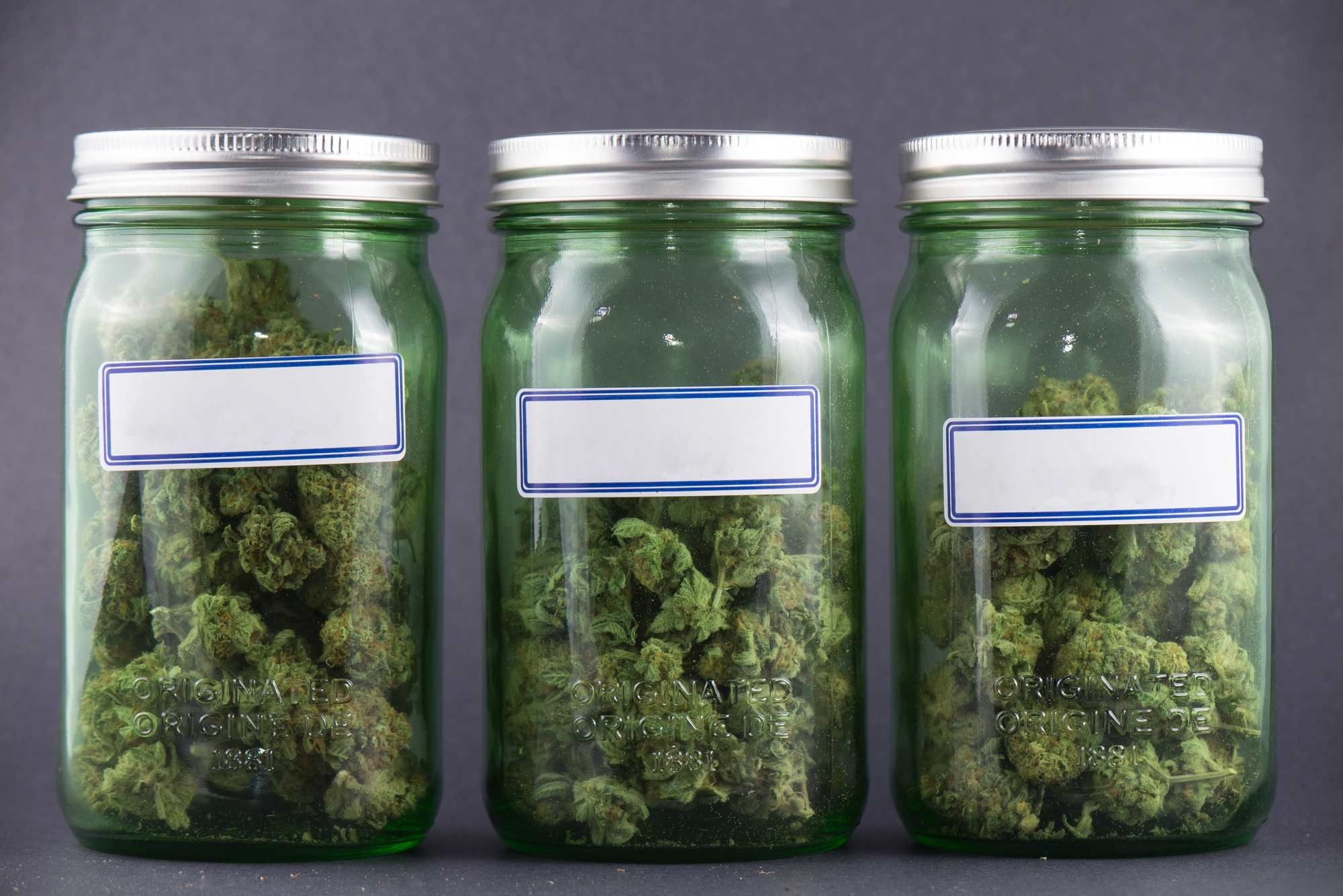Top Class Actions’s website and social media posts use affiliate links. If you make a purchase using such links, we may receive a commission, but it will not result in any additional charges to you. Please review our Affiliate Link Disclosure for more information.
A proposed robocall class action lawsuit against a cannabis dispensary marketing firm has now been settled in California federal court. The cannabis robocall class action settlement brings an end to claims that the marketing firm, Baker Technologies, violated the Telephone Consumer Protection Act (TCPA) by sending texts to dispensary customers on its now-defunct platform.
Baker Technologies (a subsidiary of cannabis company TILT Holdings) was hit with the TCPA lawsuit back in June.
Baker originally had convinced the court to stay the case last month until the U.S. Supreme Court made a decision in a high-stakes case that would clarify the definition of an automatic telephone dialing system under the law.
U.S. District Judge Donna M. Ryu granted the stay, determining that the Facebook v. Duguid case could be a make or break decision for the lawsuit against Baker.
In the Facebook v. Duguid case, justices are weighing what exactly constitutes an autodialer under the TCPA, and whether all devices with the capacity to store and automatically dial numbers (not necessarily just randomly generated numbers) were considered autodialers.
Baker had requested a stay back in August, which Judge Ryu initially rejected. Instead, Ryu ordered further discovery on Baker’s now-defunct platform it had used to contact customers to determine whether or not it had the capacity to randomly generate and call numbers.
After additional discovery, Baker said that “unrefuted evidence” showed that its defunct software didn’t have the capacity to store or produce numbers randomly, nor did it have the capacity to dial those numbers.

But regardless of the Supreme Court’s decision, Baker maintains that any liability attached to the texts in question should actually lie with the dispensaries who sent them, not Baker. The company noted that the plaintiffs have also filed a case against the dispensaries in Colorado federal court, which it says is largely identical to this lawsuit. This, Baker claims, indicates that the plaintiffs are trying to “hedge their bets” in case a stay was granted.
When Judge Ryu granted a stay in her Nov. 13 order, she noted that the plaintiffs argued that Baker’s system qualified as an autodialer because of its ability to randomly store and generate numbers, but had not addressed Baker’s argument that their system was incapable of actually dialing the random numbers it generated.
“Plaintiffs did not dispute Baker’s interpretation…assert that discovery into that issue fell outside the scope of the court’s initial order, request an opportunity for further discovery or briefing, or even acknowledge Baker’s argument,” Judge Ryu said in her order.
Now, Baker Technologies has reached a cannabis robocall class action settlement agreement to bring an end to the lawsuit.
Filing a Cannabis TCPA Lawsuit
If you have received unsolicited texts, robocalls, ringless voicemails, or calls using a pre-recorded voice from a cannabis dispensary—whether it be brick-and-mortar or online—you may be able to file a TCPA lawsuit and pursue a cannabis robocall class action settlement or other compensation. Filing a lawsuit not only helps enforce the regulations of the TCPA and holds companies responsible for their practices, but can also provide substantial compensation for those affected by these violations.
Filing a lawsuit can be a daunting prospect, so Top Class Actions has laid the groundwork for you by connecting you with an experienced attorney. Consulting an attorney can help you determine if you have a claim, navigate the complexities of litigation, and maximize your potential compensation.
The Cannabis Robocall Lawsuit is Case No. 4:19-cv-03795-DMR, in the U.S. District Court for the Northern District of California.
Join a Free Marijuana Dispensary Unwanted Text Messages Lawsuit Investigation
If you received an unsolicited text message, ringless voicemail, robocall, and/or a call with a pre-recorded voice from a marijuana dispensary, you may be able to join a FREE marijuana dispensary unwanted text message class action lawsuit investigation.
This article is not legal advice. It is presented
for informational purposes only.
ATTORNEY ADVERTISING
Top Class Actions is a Proud Member of the American Bar Association
LEGAL INFORMATION IS NOT LEGAL ADVICE
Top Class Actions Legal Statement
©2008 – 2024 Top Class Actions® LLC
Various Trademarks held by their respective owners
This website is not intended for viewing or usage by European Union citizens.















